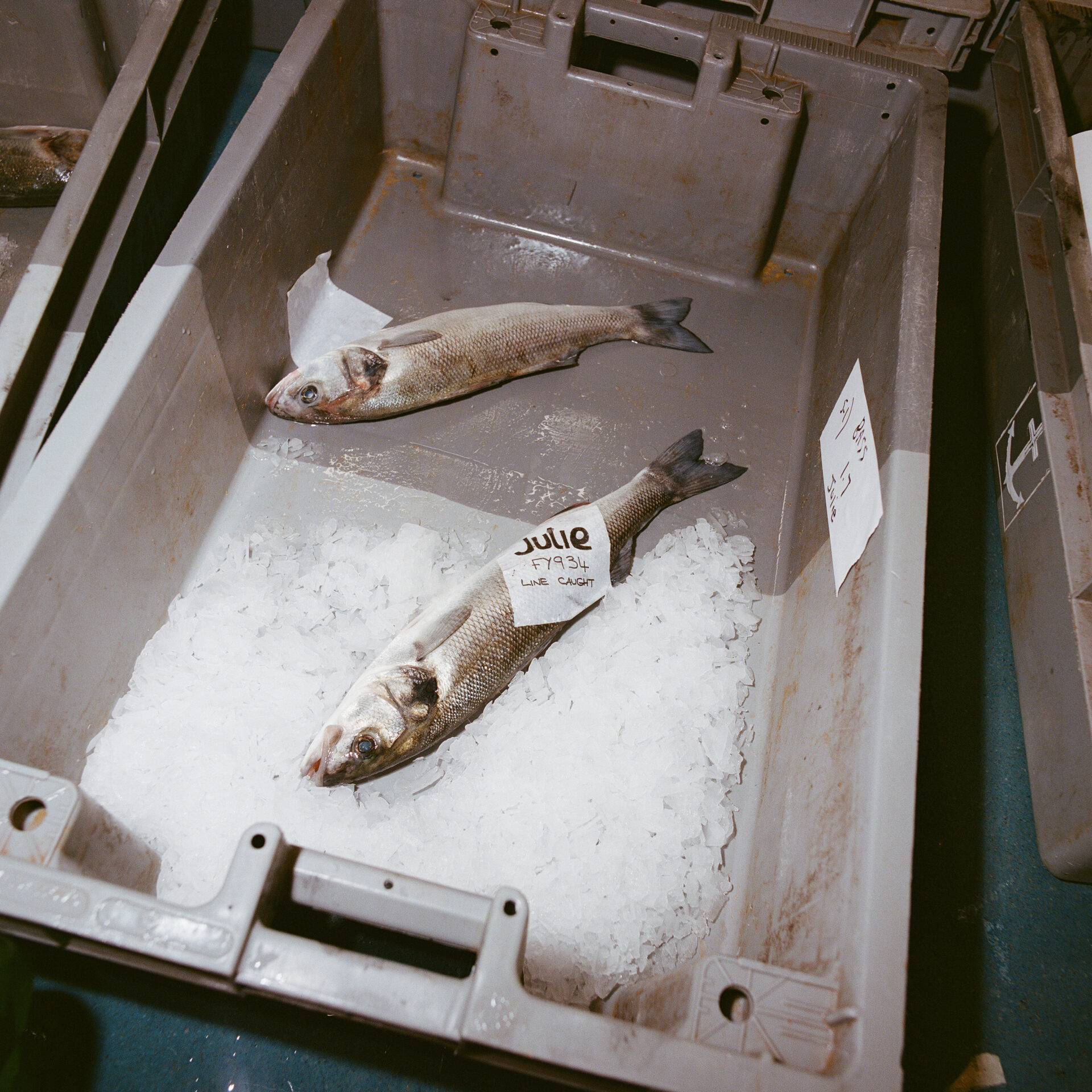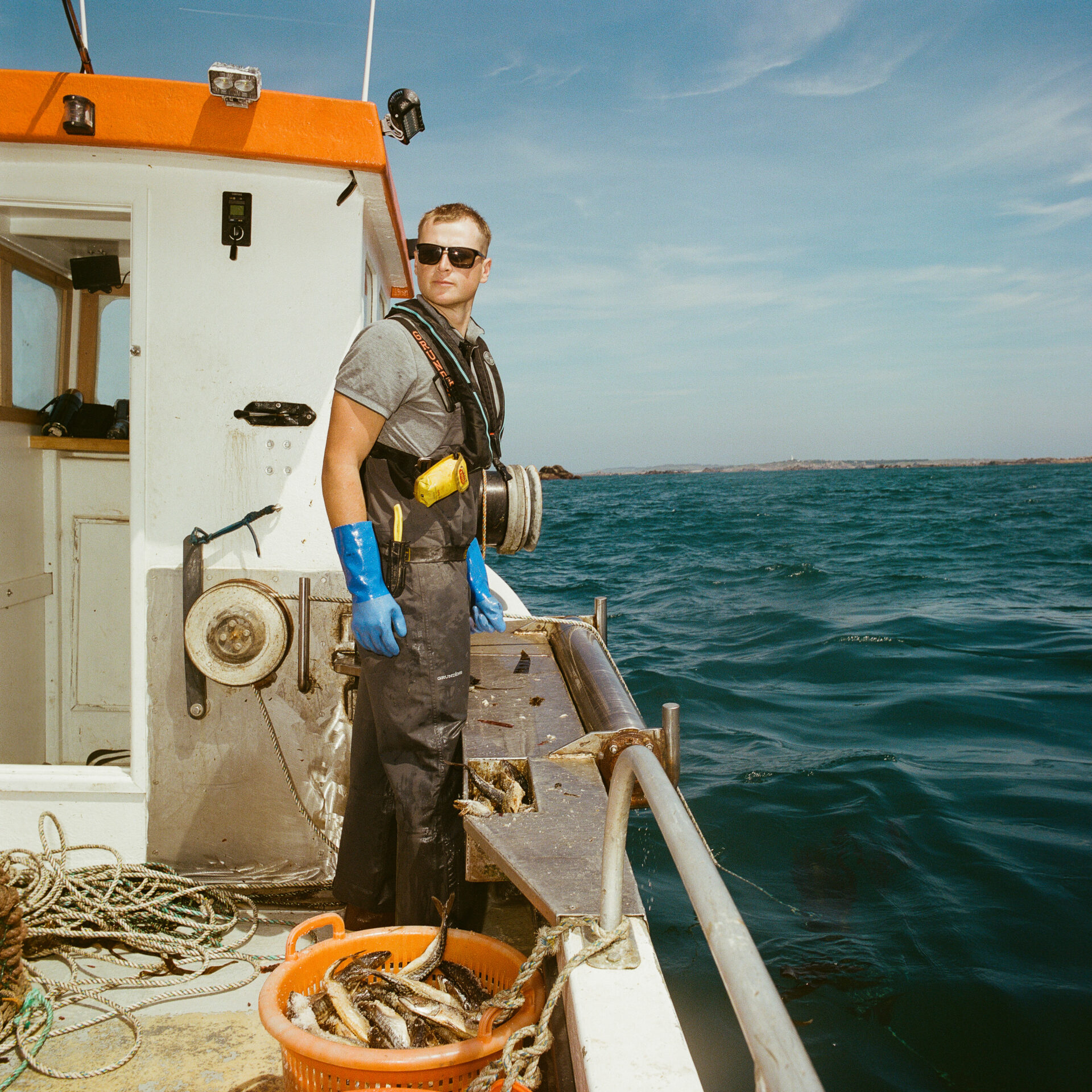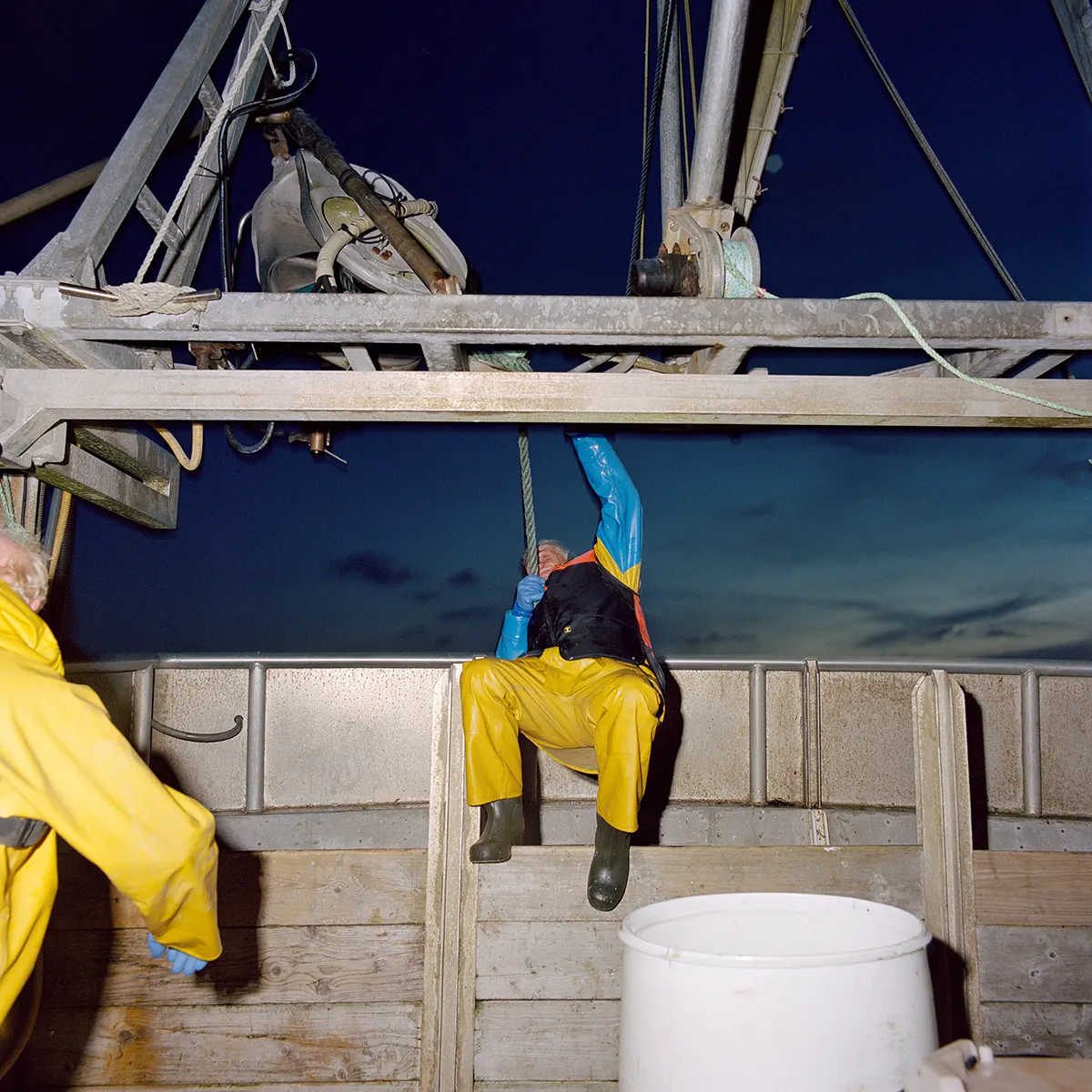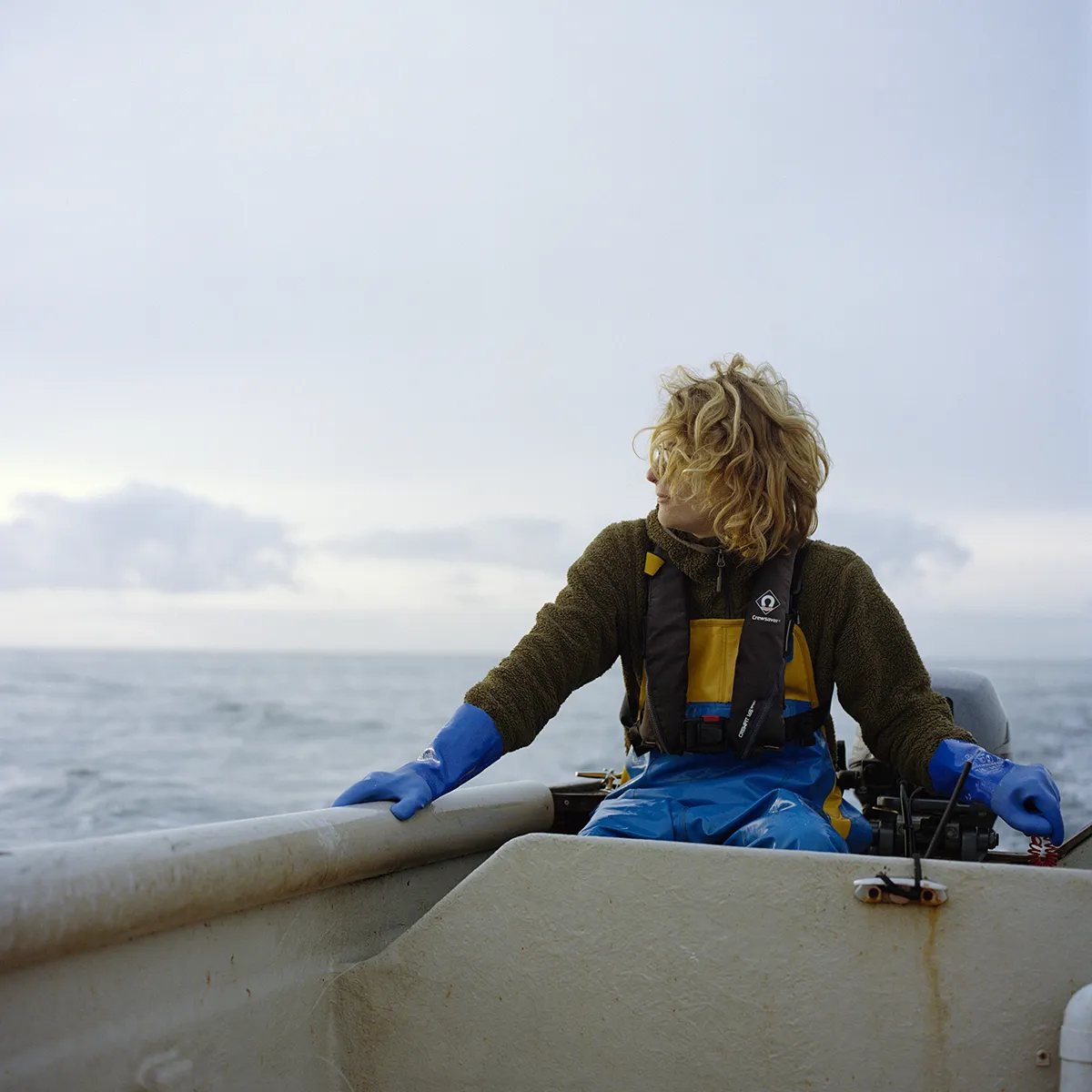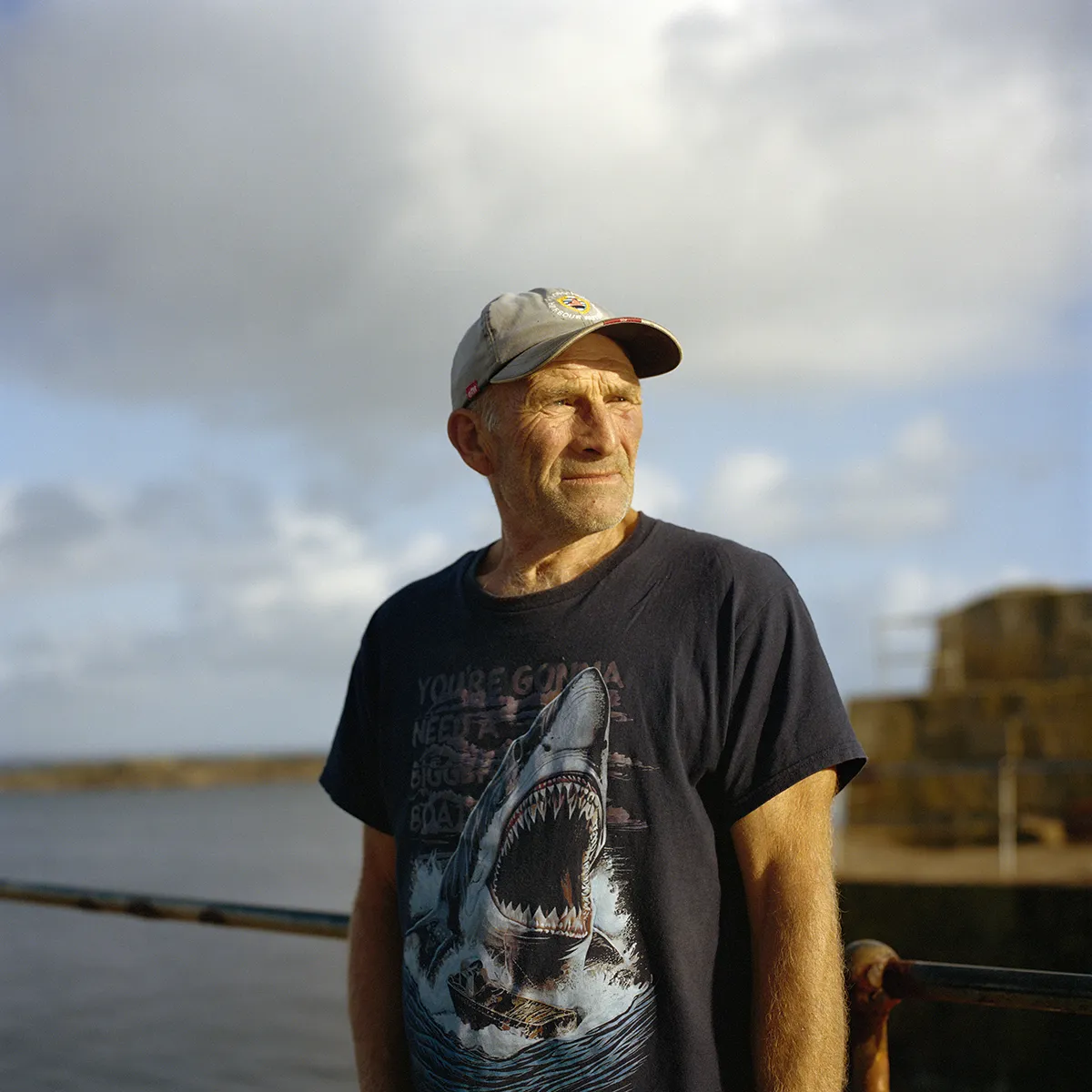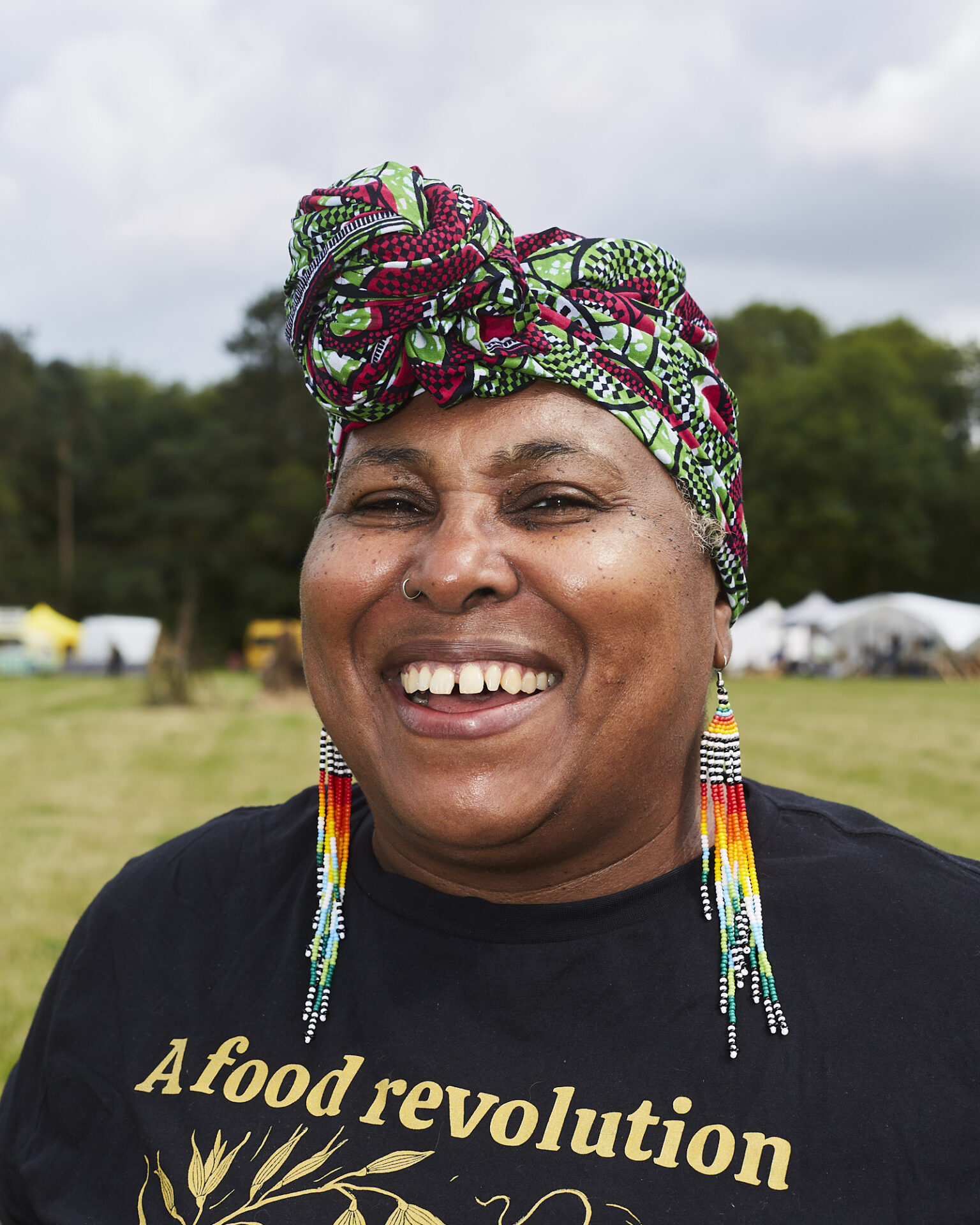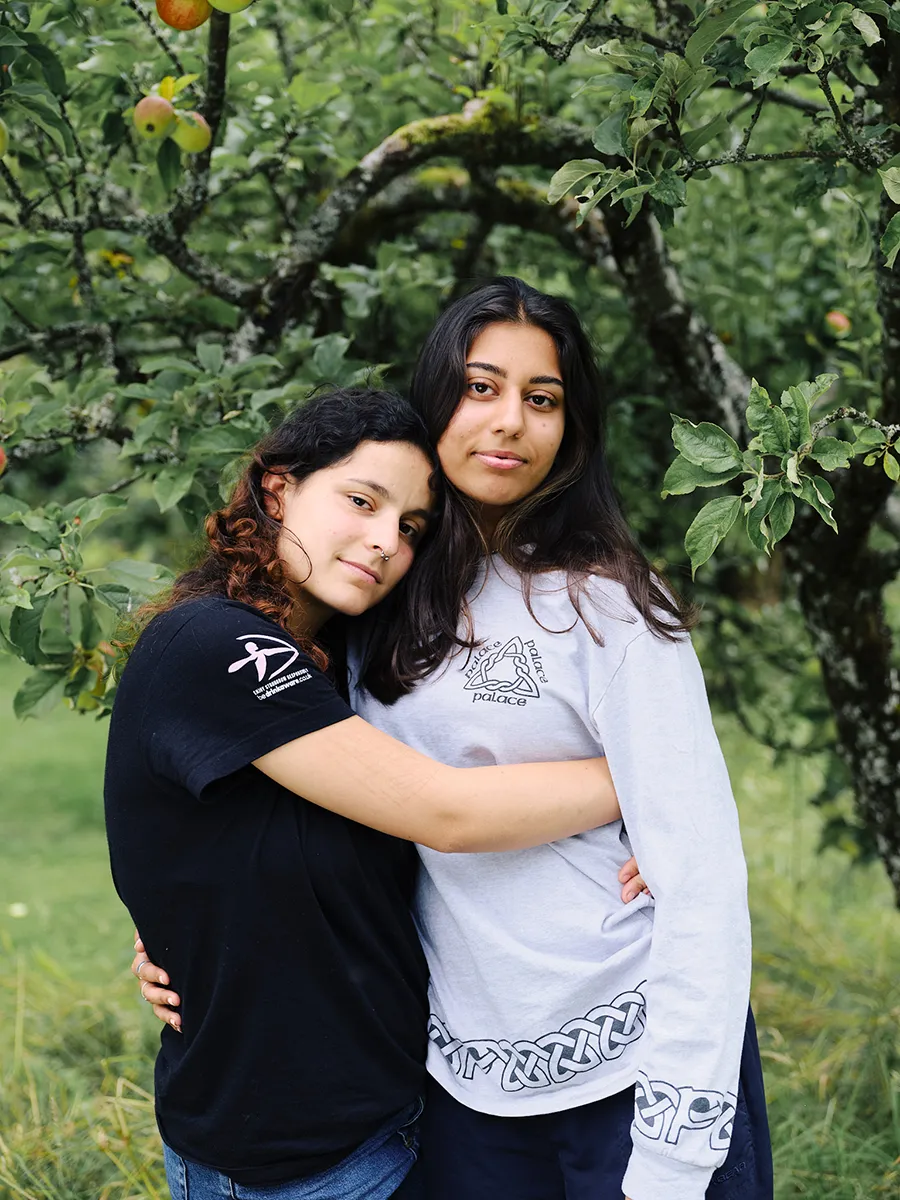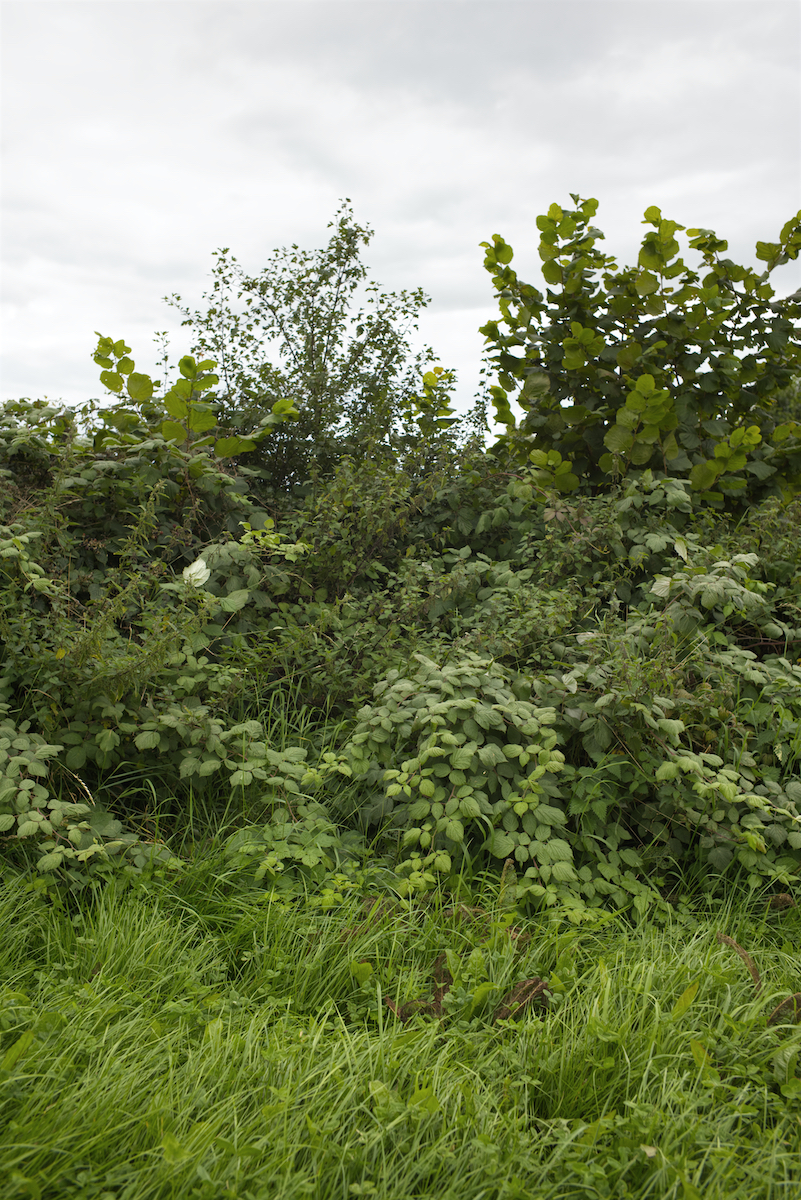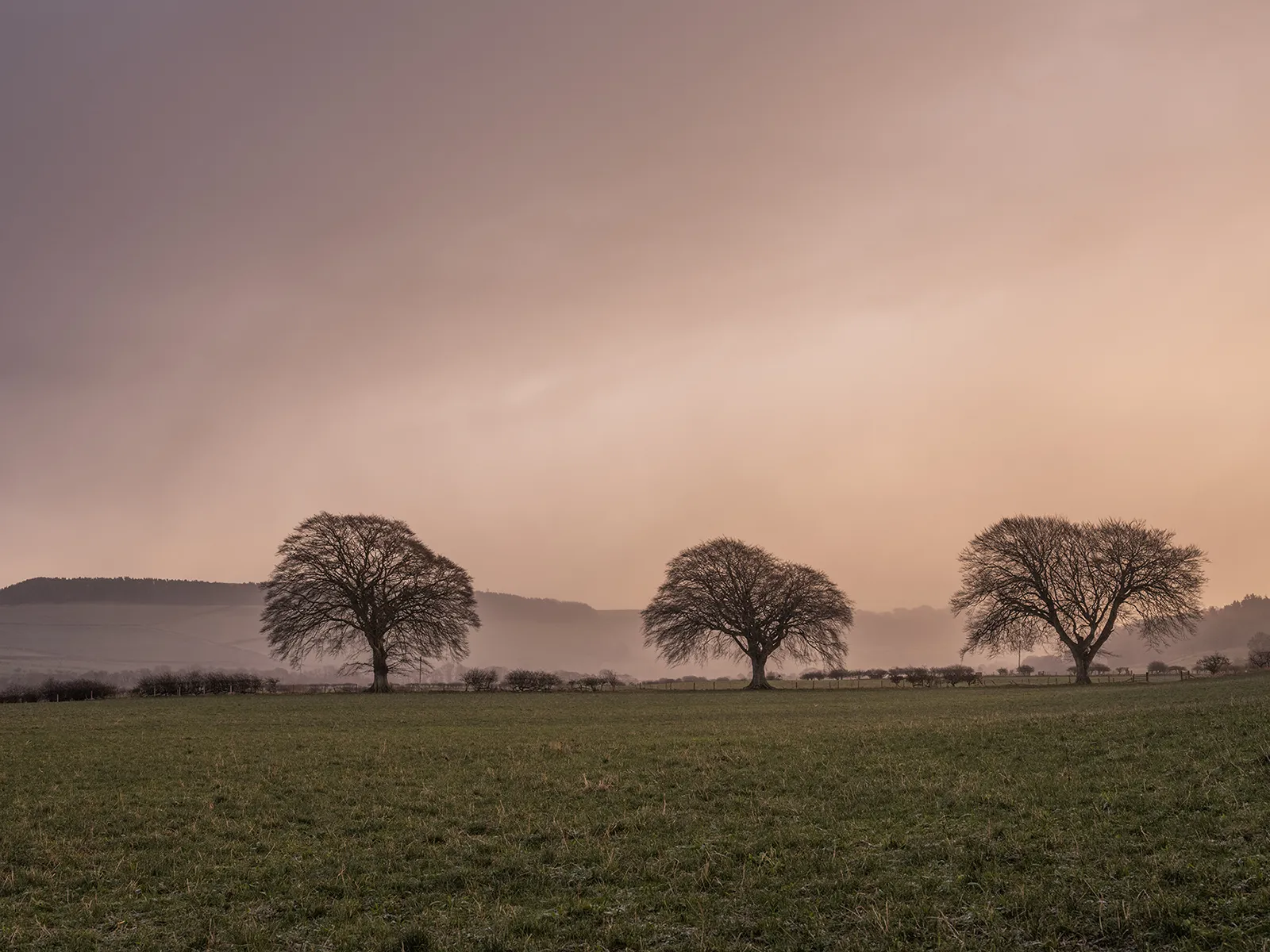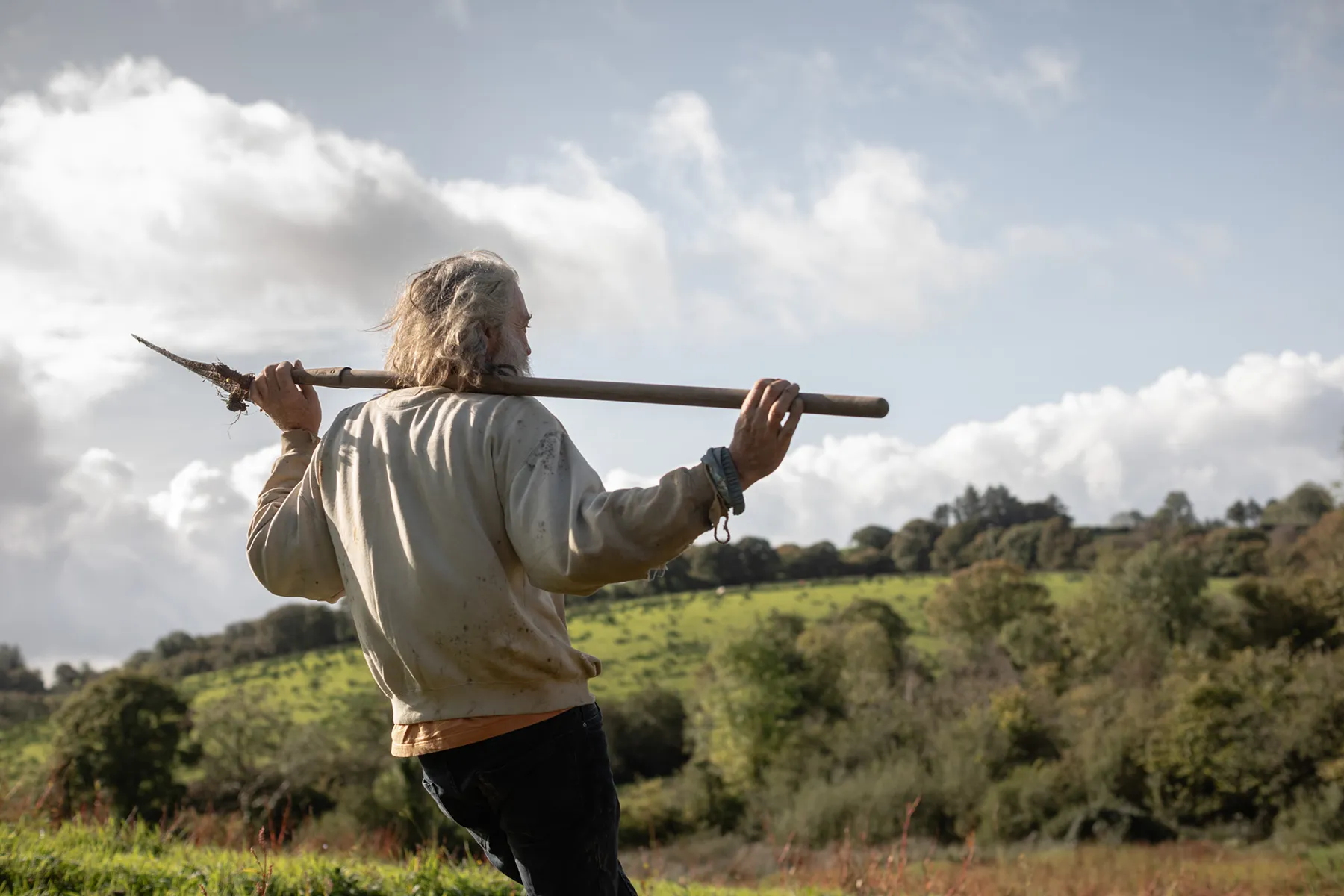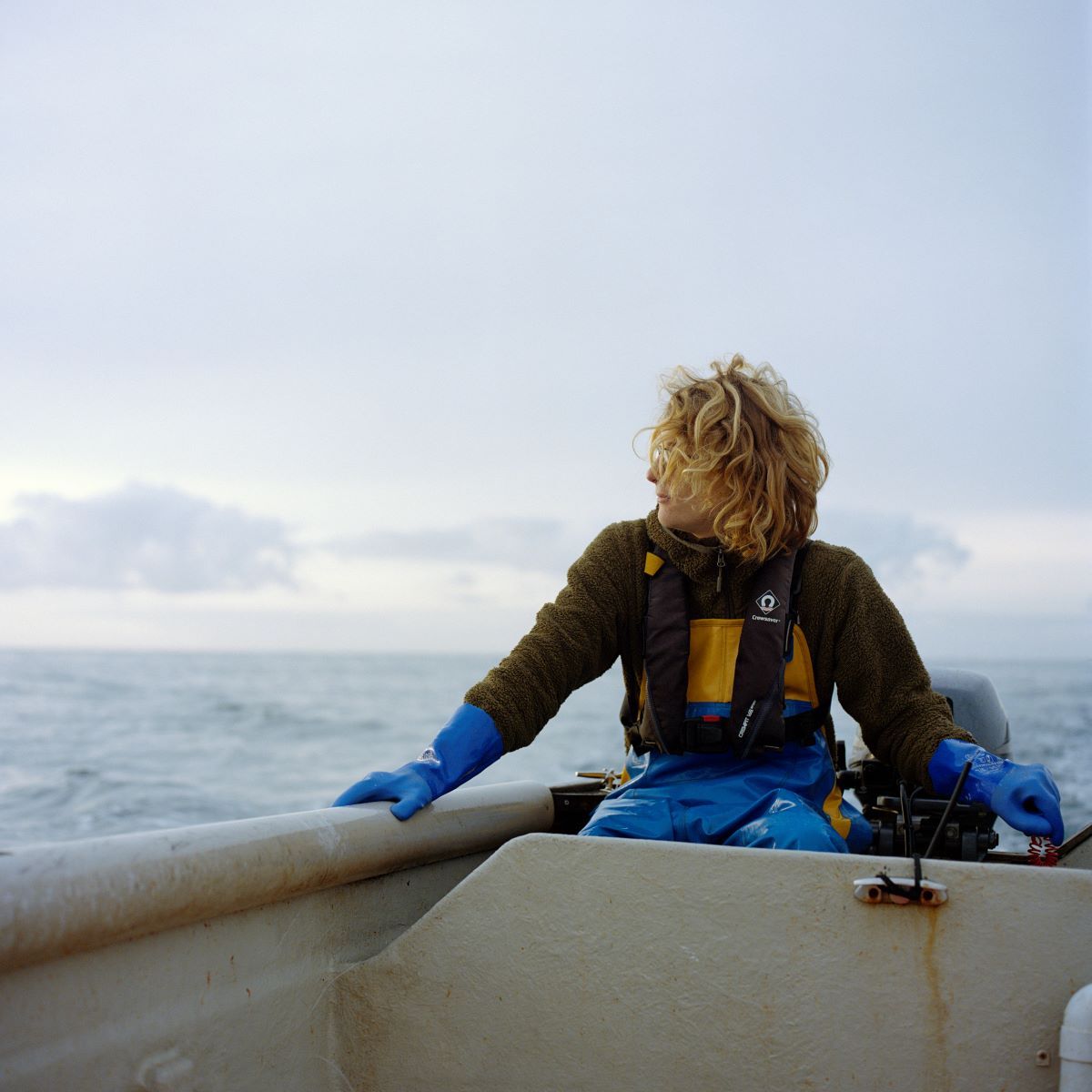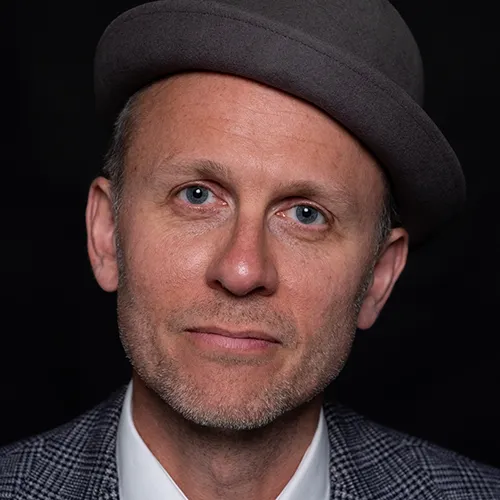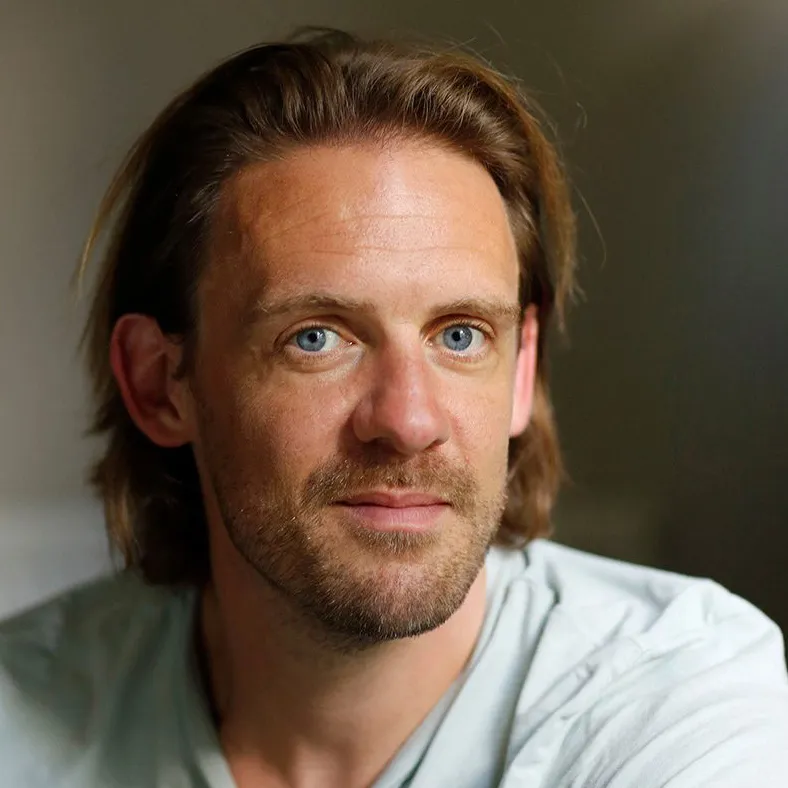FISHING: IN WATERs OFF CORNWALL AND THE SCILLY ISLES
Inspired by marine fishers along the southwest coast // Photography by Jon Tonks // Poetry by Chris Redmond // Exhibited with Martin Parr Foundation in Bristol
Jump to…
‘ENOUGH FISH ENOUGH’
Words by Hot Poet Chris Redmond
Photography by Jon Tonks
Inspired by marine fishers in waters off Cornwall and the Isles of Scilly
In Newlyn, Cornwall, moss
greens the corrugated roofs
on harbour wall workshops.
Paint flaking doors
and dirty windows mask
coats on hooks,
an anvil, rope, boots;
quiet industry of men
preparing for the sea.
Beyond the wall,
clouds of gulls
circle and swoop,
calling to each other,
alive to the churning silver froth
as ring nets pull treasure
from the deep.





The boats are out.
Might be the only haul for a week.
And if it’s good they’ll unload
and be back out the same day.
Catch ‘em when you can.
Generations have fished here.
Sea water for blood.
They know the seasons
for sardines, hake, sole,
know when to rest,
when to fish for gold.
Many use wider mesh
to allow juveniles
to escape, mature, spawn.
Those dropping pots will check for berries,
hundreds of glossy black eggs
under the tails of lobster mums,
carefully returned to the sea.
Treasure needs time to grow.
If you care,
you know.
Look after the sea,
she returns the favour.
Throw a few pilchards to the gulls.
Before sonar, they’d lead
boats to the shoals.
Read the signs,
read the catch,
know how much to take,
how much to put back.







The young ones and bottom dwellers
are ground down and sold as feed
for salmon, chicken and cats.
But pull on one small link
and whole chains can collapse.
Remove sand eels,
puffins, pollack and mackerel go hungry.
In the North Sea, sea birds are struggling
because trawlers have pulled out so many.
How much is enough?
In Galicia, Spain,
fishers and scientists
made a marine reserve to protect stock.
In the Faroe Islands
they’ve banned trawlers, said stop,
returned to hook and line.
In Cornwall, there’s talk of seaweed farms,
time to find new ways to profit
and regenerate, nature nurturers,
small scale scallop fishers,
nets and pots, plastic free.
Stewards of the sea.





So when their grandchildren
stand, hold hands on the sea wall,
they’ll enjoy a harbour alive with it all.
Boats with silver hauls
a market, workshops
with fresh painted doors,
coats, rope and boots, ready,
as the gulls call.

THE FUTURE OF SUSTAIBLE FISHING
We have lived in balance with our oceans for millennia, but the bounties of our blue planet are ebbing. Photographer Jon Tonks has been documenting his encounters with the marine fishing world, and those trying to act more sustainably in waters off Cornwall and the Isles of Scilly, soon to be exhibited at Martin Parr Foundation in collaboration with We Feed The UK.
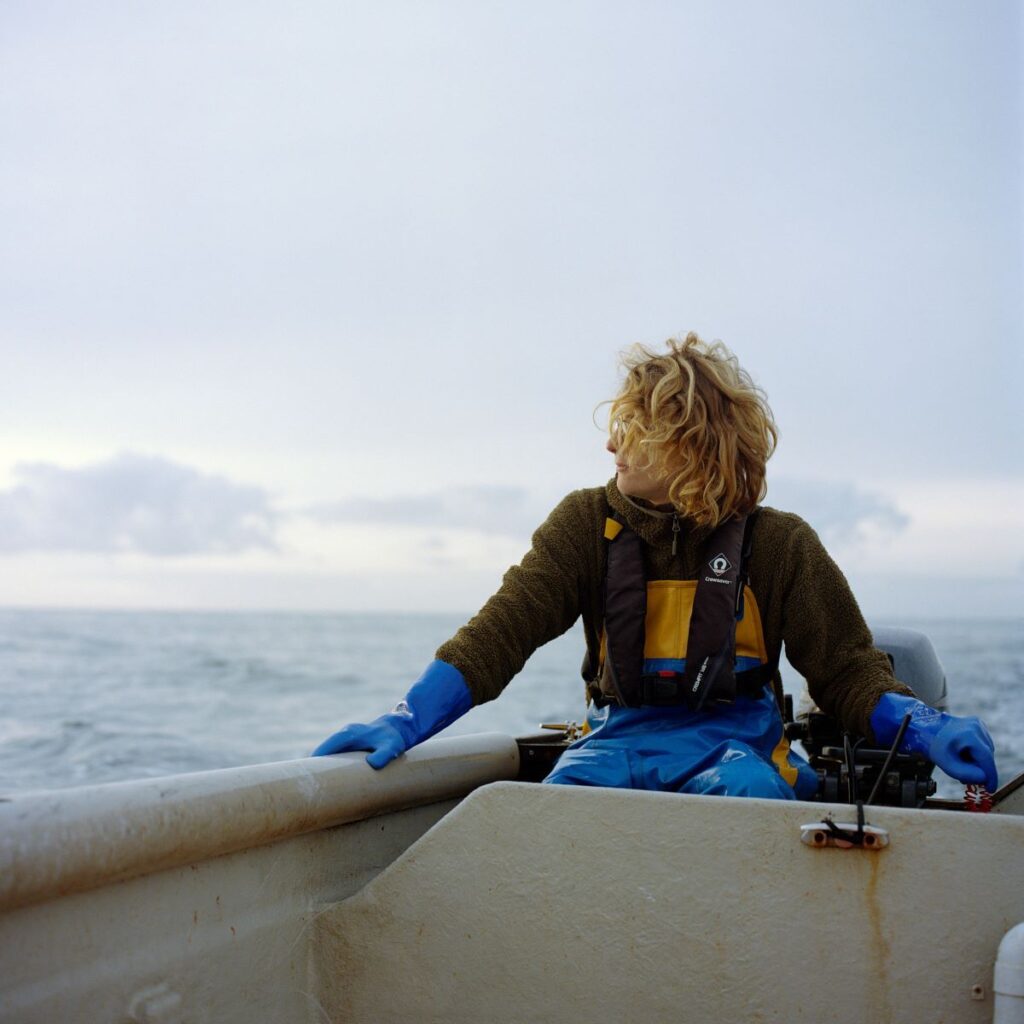
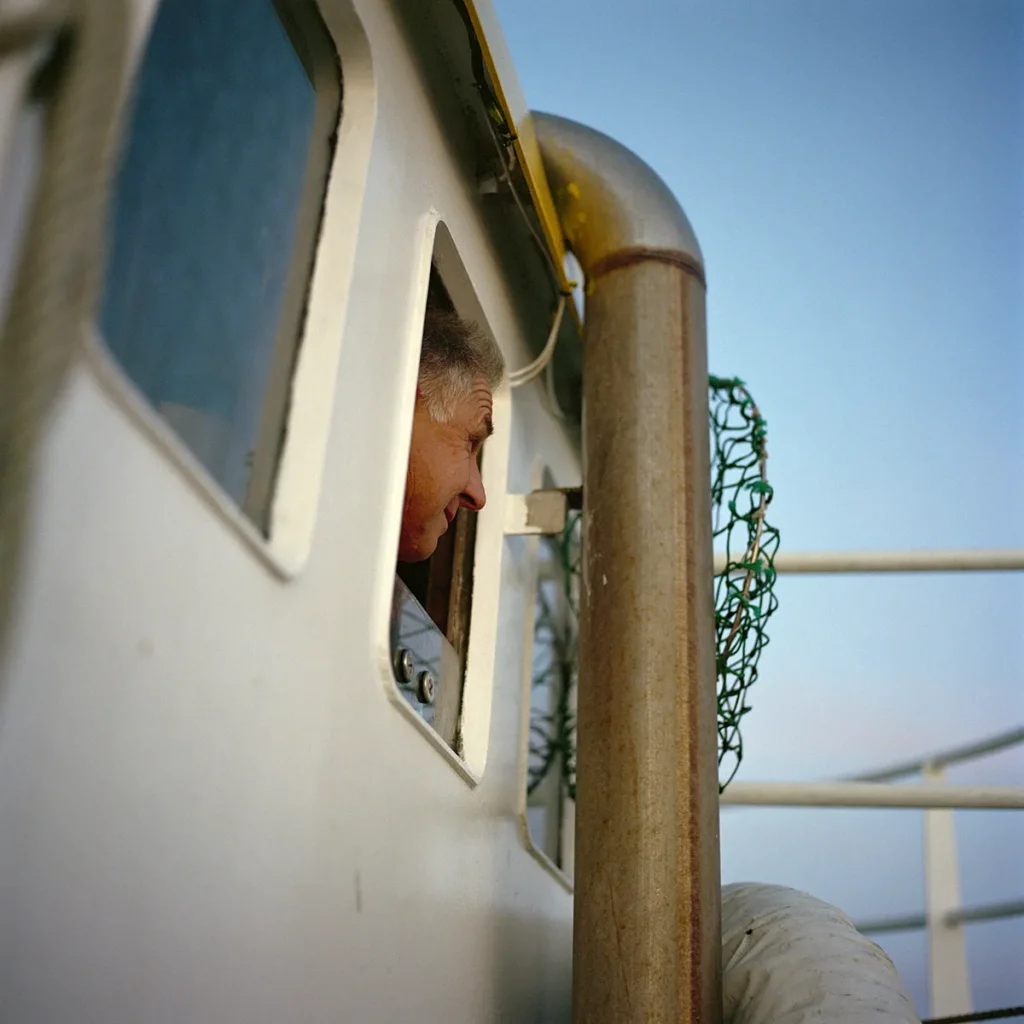
Will, 19, line fishes from his skiff out of Newlyn harbour. David, 50, ring-nets anchovies on a small boat. His father taught him to fish aged 10, and still meets David at the harbour when his boat comes in. Then there’s Bill, who has seen 50 years of change – the cod are moving north these days, he says, because of rising sea temperatures.
Climate change is only adding pressure to that from the tidal wave of giant vessels; these are devastating populations and habitats through overfishing, bycatch and bottom trawling, legitimised by laws that spawn profit rather than sustainability.
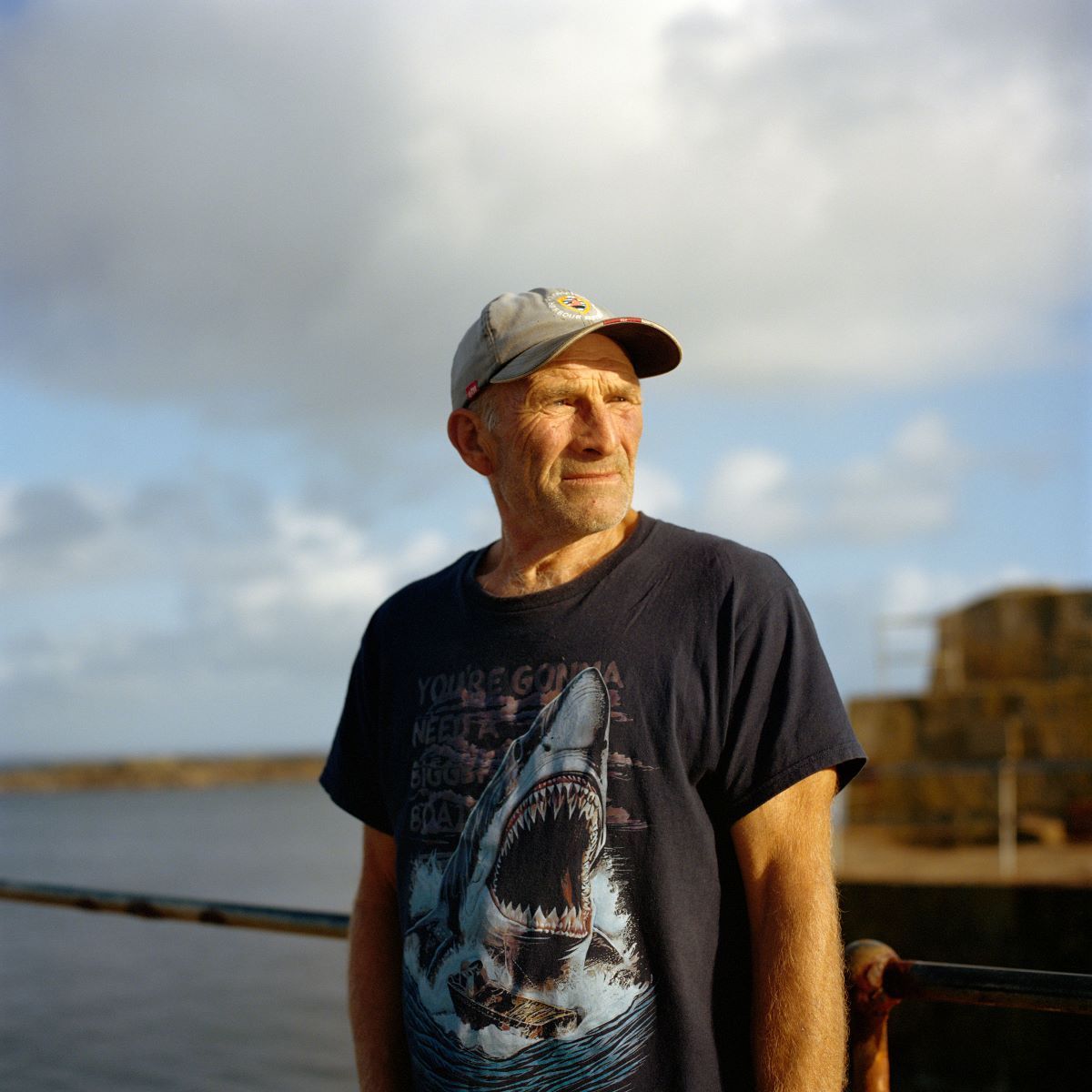
There are the species above water to consider, too. Sustenance, livelihoods and cultures all fed by the sea. Jon photographs Tom Bawcock’s Eve in Cornwall, when local people share ‘stargazy pie’ to celebrate a famine-ending catch in the 16th century. Chris writes of those who still throw pilchards to the birds, in thanks for guiding boats to the shoals before sonar washed up. And of puffins starving for lack of the sand eels that have been overfished and fed to chickens.
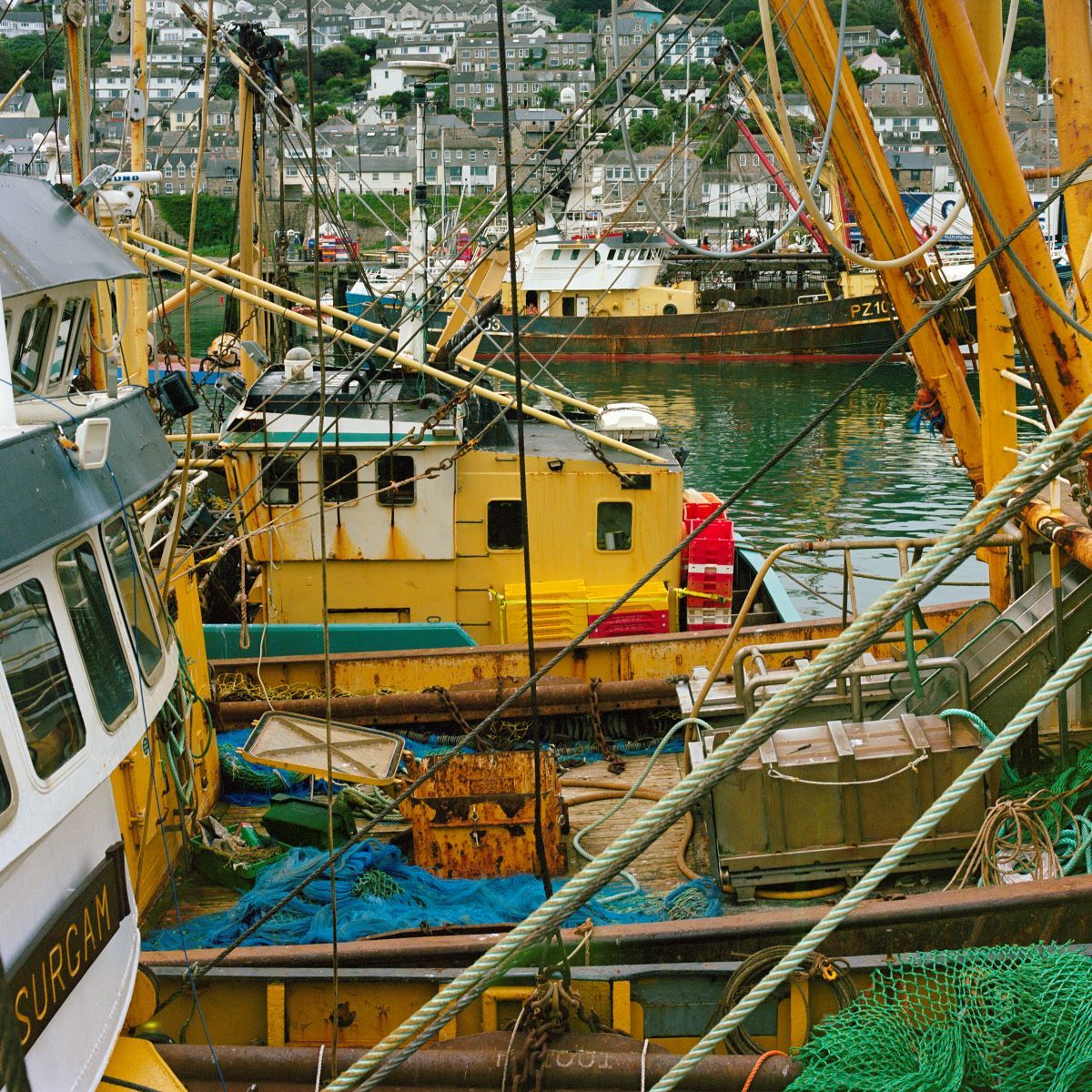
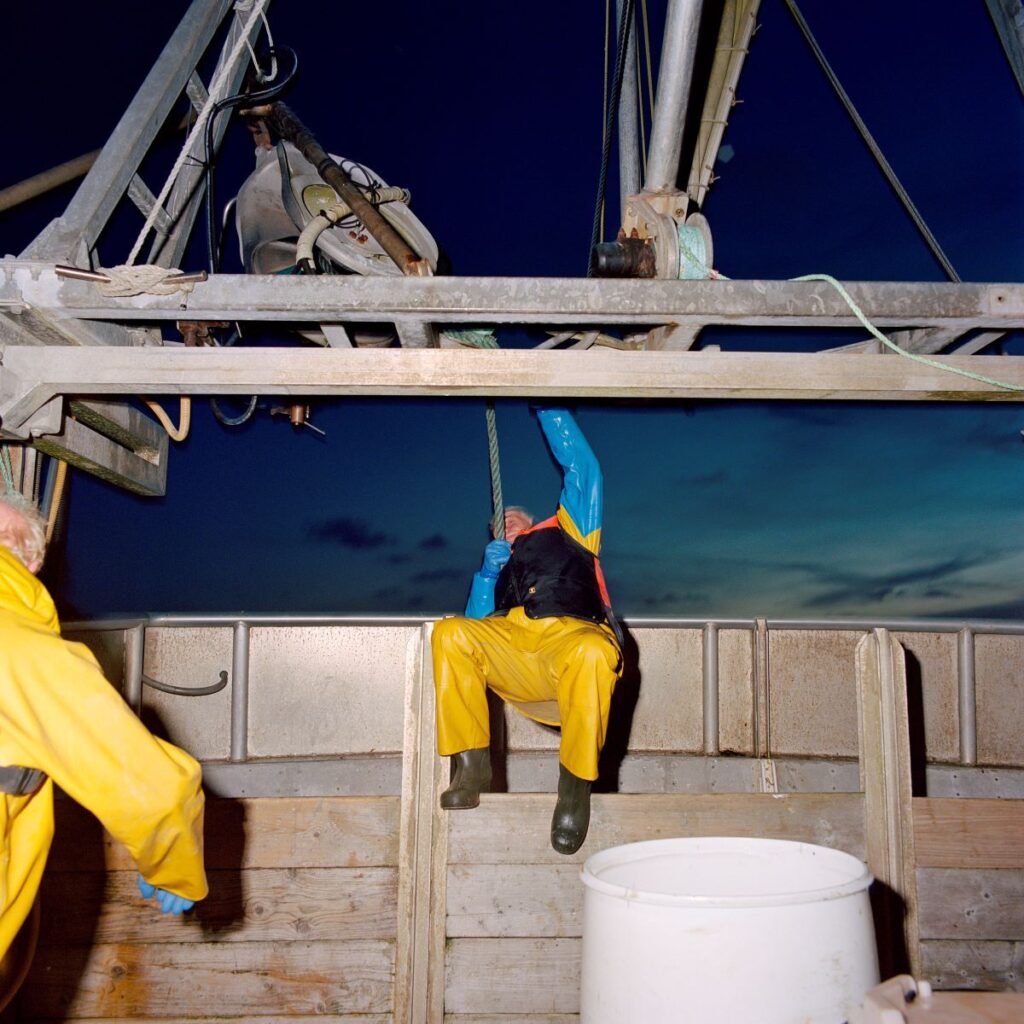
The answer to how we better sustain communities of life, on and off shore, might be murky. But this honest insight exposes a system sunk by human greed, and floats ideas for turning the tide.
“I would love it if people felt inspired, to reflect on their own choices and consider, even for a moment, their power and potential, as part of the systems in which we live.”
Chris Redmond, Hot Poet
SUSTAINABLE MARINE FISHING IN THE PRESS

“I named the project A Fish Called Julie after I came across two sea bass in a container. I was making pictures at the fish market in Newlyn where fish are offloaded, iced and sold. Whether the fish were destined for Julie, who would cook them that night somewhere, or if they’d been landed by a boat of the same name, I was unsure. But to me it looked like a name tag you’d get at a networking event. It made me smile. And for those who might miss the reference, it also made me think of the 1988 British movie A Fish Called Wanda”
Dive deeper into the sorry behind each of Jon Tonk’s photographs in this gallery feature in the Guardian.
“Fishing in Cornwall is like a metaphor for life. I love the notion that fishermen are completely governed by what the sun and wind are doing, what’s in season and what type of boat they’re going out on.”
Emerse yourself in the life of small scale fisherfolk captured in an interview with Jon Tonks, featured in the Observer.

Listen to Jon talk more about capturing the murky world of sustainable marine fishing through his exhibition A Fish Called Julie with Andy Bennett on BBC Radio Bristol.
Mel Osborne of BBC Radio Cornwall featured Hot Poet, Chris Redmond, diving into some of the UK’s most sustainable marine fishing practices. Listen now and uncover how Cornish fisherfolk are working to replace a broken system with one that considers sustenance, livelihoods, and our planet.


